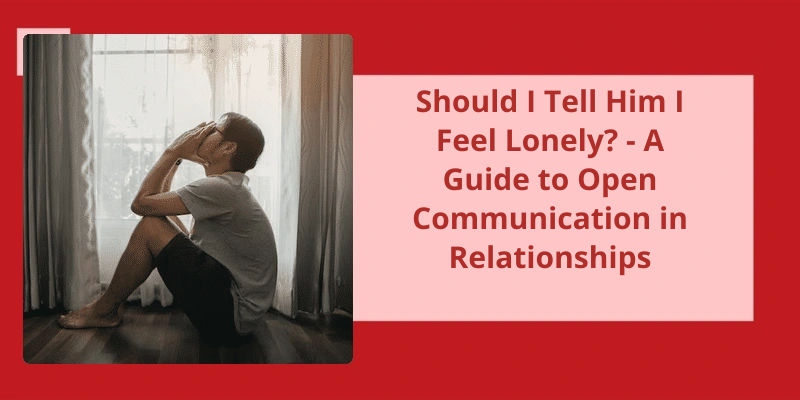In today's world, where everyone seems to be constantly chattering away, the ability to be silent and not say much can often be overlooked and undervalued. However, there are times when it’s important to be reserved, reticent, secretive, or taciturn. There are many reasons why someone might choose to remain silent – perhaps out of shyness, a desire for privacy, or a need to observe and listen before speaking. Whatever the reason, being able to communicate effectively with silence can be a powerful tool in many situations. So what’s a word for not saying much? While there are a few different options, "silent" is perhaps the most straightforward choice – conveying the idea of saying only what’s necessary, and nothing more.
What’s Another Word for Less Vocal?
When it comes to communication, not everyone is gifted with the ability to speak comfortably. There could be different reasons for one not speaking up as much as others or not speaking at all. The concept of being “less vocal” refers to the ability or willingness to speak less frequently or less expressively than others in a given situation.
Synonyms for being less vocal include dumb, inarticulate, mute, speechless, and wordless. These words usually carry a negative connotation, implying that the person lacks the ability to communicate effectively.
It’s also worth noting that being less vocal doesn’t mean one should be ignored or dismissed. Everyone should be given ample opportunity to share their ideas and opinions, regardless of how vocal they are. In some cases, it’s important to actively encourage individuals to speak up and contribute to the conversation. This not only ensures diverse perspectives are heard, but also helps individuals build their confidence and communication skills.
As with any form of communication, it’s important to promote inclusivity and encourage all individuals to share their thoughts and ideas.
Strategies for Encouraging Less Vocal Individuals to Participate in Discussions
- Assign group roles to each member, allowing quieter individuals to have specific responsibilities.
- Set an agenda and send it out beforehand, giving quieter individuals the opportunity to prepare their thoughts in advance.
- Use icebreaker activities to create a relaxed atmosphere and encourage participation.
- Implement a round-robin style discussion where each person takes turns speaking.
- Encourage active listening by asking participants to repeat what they heard each other say.
- Provide feedback and positive reinforcement for participation from all individuals.
- Offer written feedback options for individuals who may feel more comfortable expressing themselves in writing.
- Acknowledge and value different communication styles and preferences.
- Ensure that the discussion is respectful and free from judgment to encourage inclusivity.
Conclusion
In the world of communication, sometimes saying less can be more. Finding the right word to describe someone who chooses not to speak much can be a challenge, but there are several options available. Among these are synonyms such as reserved, reticent, secretive, and taciturn. Each of these words conveys a nuanced sense of someone who speaks little, but perhaps for different reasons. However, there’s one synonym that stands out in it’s implication of a steadfast habit of speaking just enough to get by: silent. When used to describe someone, it suggests not only a reluctance to speak, but also a strategic choice to say no more than is necessary.






